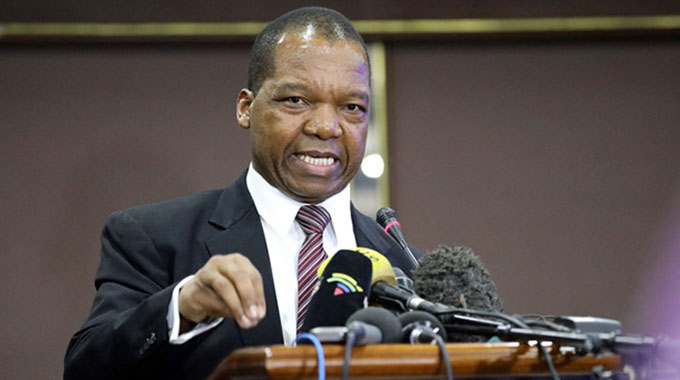RBZ, industry disagree on de-dollarisation

The Reserve Bank of Zimbabwe (RBZ) and captains of industry on Friday sharply differed on the currency in use in local trading.
Government mid-last year outlawed use of multi currencies in the economy, marking a return of the Zimbabwean dollar as the official mono-currency.
But since then several institutions and sectors such as tourism have been given special dispensations to charge for their goods and services in foreign currency, notably the US dollar.
And while in formal trade, the currency used is generally the local dollar, the situation is largely the opposite in the informal market.
But even some formal businesses are demanding payment in foreign currency though receipting in local currency.
Presenting a paper on “De-dollarisation or re-dollarisation,” RBZ’s deputy director economic research, Dr Nebson Mupunga said Zimbabwe had “successfully de-dollarised” after Government banned use of multi-currencies.
But admittedly, this had not been easy, he said.
“We have done it (de-dollarise) in a very short space of time, which has not been done anywhere else in the world,” Dr Mupunga said, speaking on behalf of his principal, Dr John Mangudya at the launch of the Confederation of Zimbabwe Industries manufacturing sector survey report for 2019.
The central bank, he said, was now focusing on “strengthening the demand for the Zimbabwean dollar,” which was slowly being pumped into the market.
Dr Mupunga said it was, however, not easy to “de-dollarise people’s minds.”
“Someone who has held a (US) dollar still wants to hold the dollar but as policy makers we want to strengthen the demand for the Zimbabwean dollar,” he said.
Captains of industry who attended the event were, however, at odds with the central bank’s sentiments, instead boldly declaring that it was Government that had de-dollarised on paper but not the people.
Dairibord Holdings chief executive, Anthony Mandiwanza said, “Zimbabwe has not de-dollarised, there is a dysfunction between what is on the ground and what is there at policy level.”
“If the central bank truly believes we have de-dollarised then we have a very serious problem.”
Another participant said there was a difference between dollarisation that happened in 2009 and the de-dollarisation announced last year.
“In 2009, Government just formalised what was already the norm, but in 2019, it is Government that de-dollarised but the people did not,” the participant said.
The issue of lack of confidence in the local currency stemmed from mistrust from previous experiences that the population had in policy makers, participants said.
“No one wants dollarisation but it is forced upon us because no one trusts the RBZ,” said economist Farai Mutambanengwe.
The lack of confidence in the local currency has resulted in the existence of multi-exchange rates in the economy distorting prices, argued economist Joseph Mverecha.
He said it would be impossible for the economy to stabilise as long as people continued to speculate due to exchange rate instabilities, which fuelled inflation.
This week, Finance Minister, Mthuli Ncube told a local paper Government would come up with stiff penalties for local businesses that insist on charging people in foreign currency. – New Ziana.










Comments